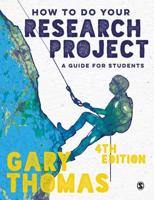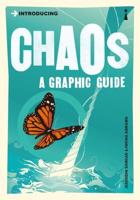Publisher's Synopsis
Can a theory of complex systems really explain how nature works? And what form would such a theory take? While many theories have been proposed to describe individual complex systems, self-organized criticality is the first general theory of complex systems with a firm mathematical foundation.;This book, written by the discoverer of self-organized criticality, describes for the general reader a concept that has become increasingly important in science. Many seemingly disparate aspects of the world, from the formation of the landscape to the process of evolution to the action of nervous systems to the behaviour of the economy all share a set of simple, easily described properties. These are often described as emergent properties and Per Bak has devised the example of the sandpile to illustrate some of their key features, such as "avalanching". Bak argues that these properties are all so similar that they look to be manifestations of a single principle, a Newton's Law of complex behaviour. Further, he claims that self-organized criticality, the spontaneous development of systems to a critical state, is the key to such a principle. Looking at applications for both science and social science, the book offers a glimpse into the science of the future.












